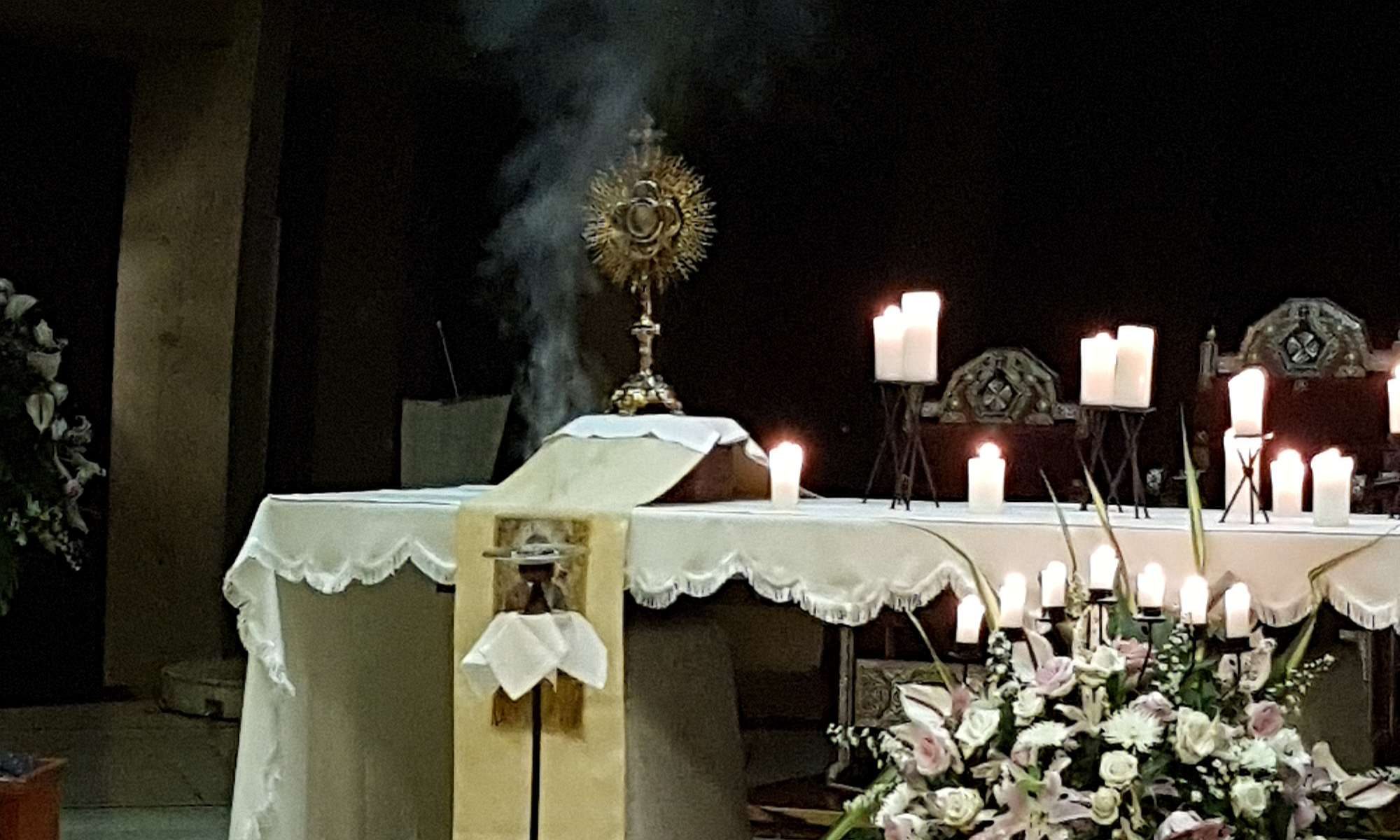Cantos que han inspirado mi caminar. ¡Gracias a todos!
Cantos del Nuevo Testamento en Griego (5)
O Bathos – Abismo de la Sabiduría de Dios (Romanos 11,33)
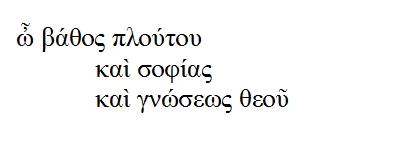
[display_podcast]
Cantos del Nuevo Testamento en Griego (4)
Iesous eipen, Tetelestai – Todo está consumado (Juan 19,30)
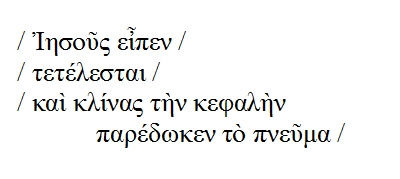
[display_podcast]
Cantos del Nuevo Testamento en Griego (3)
Kalós panta pepóieken – ¡Todo lo ha hecho bien! (Marcos 7,37)

[display_podcast]
Mis canciones en fraynelson.net
Si deseas saber más, entra aquí.
Cantos del Nuevo Testamento en Griego (2)
Xaire – Saludo del Arcángel a la Smma. Virgen María (Lucas 1,28-31)
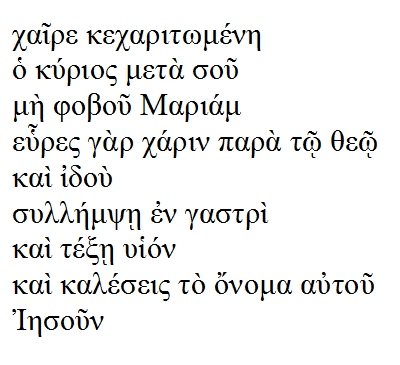
[display_podcast]
Cantos del Nuevo Testamento en Griego (1)
Padre Nuestro (Mateo 6,9-13)
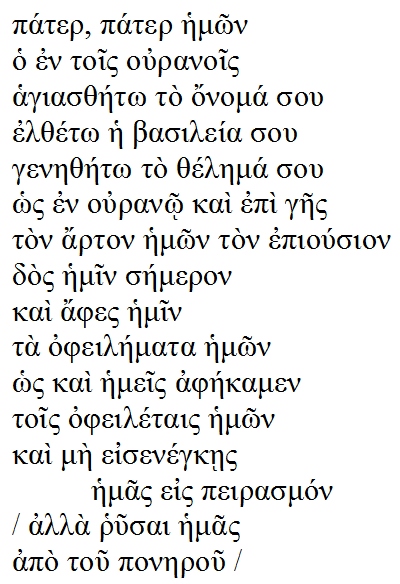
[display_podcast]
Reyes que venís por ellas…
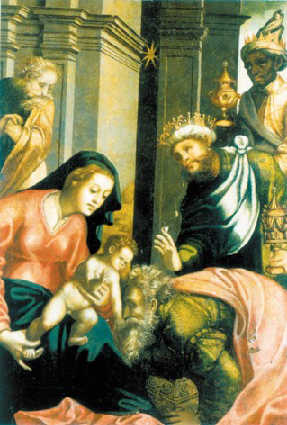
[display_podcast]
Letra de la Liturgia de las Horas:
Reyes que venís por ellas,
no busquéis estrellas ya,
porque donde el sol está
no tienen luz las estrellas.
Mirando sus luces bellas,
no sigáis la vuestra ya,
porque donde el sol está
no tienen luz las estrellas.
Aquí parad, que aquí está
quien luz a los cielos da:
Dios es el puerto más cierto,
si habéis hallado puerto
no busquéis estrellas ya.
No busquéis la estrella ahora:
que su luz ha oscurecido
este Sol recién nacido
en esta Virgen Aurora.
Ya no hallaréis luz en ellas,
el Niño os alumbra ya,
porque donde el sol está
no tienen luz las estrellas.
Aquí parad, que aquí está
quien luz a los cielos da:
Dios es el puerto más cierto,
si habéis hallado puerto
no busquéis estrellas ya.
Aunque eclipsarse pretende,
no reparéis en su llanto,
porque nunca llueve tanto
como cuando el sol se enciende.
Aquellas lágrimas bellas
la estrella oscurecen ya,
porque donde el sol está
no tienen luz las estrellas.
Aquí parad, que aquí está
quien luz a los cielos da:
Dios es el puerto más cierto,
si habéis hallado puerto
no busquéis estrellas ya.
Ayer en leve centella…
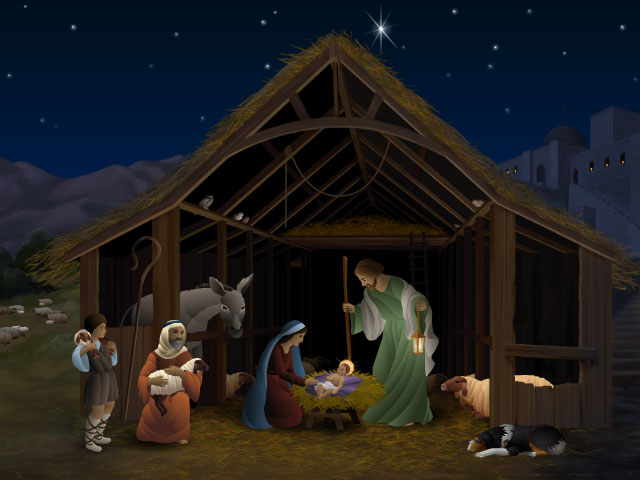
[display_podcast]
Letra de la Liturgia de las Horas:
Ayer, en leve centella,
te vio Moisés sobre el monte;
hoy no basta el horizonte
para contener tu estrella.
Los magos preguntan; y ella
de un Dios infante responde
que en duras pajas se acuesta
y más se nos manifiesta
cuando más hondo se esconde.
Estrella nunca viste se aparece…
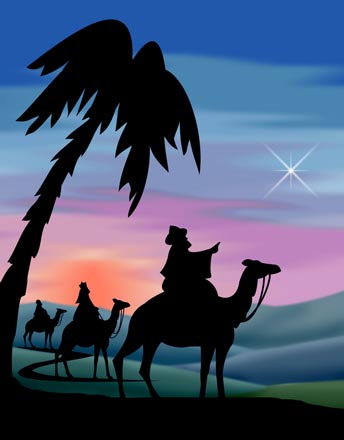
[display_podcast]
Letra de la Liturgia de las Horas:
Estrella nunca vista se aparece
a los remotos magos orientales,
y, al juzgar de los fuegos celestiales,
otra lumbre mayor los esclarece.
Nacido sacro Rey se les ofrece,
con nuevas maravillas y señales,
para que reverentes y leales
la obediencia le den como merece.
Parten llevados de la luz y el fuego,
del fuego de su amor; luz que los guía
con claridad ardiente y soberana.
Subió al trono de Dios el pío ruego,
y, llenos de firmísima alegría,
vieron la luz de Dios por nube humana.
Ver a Dios en la criatura…
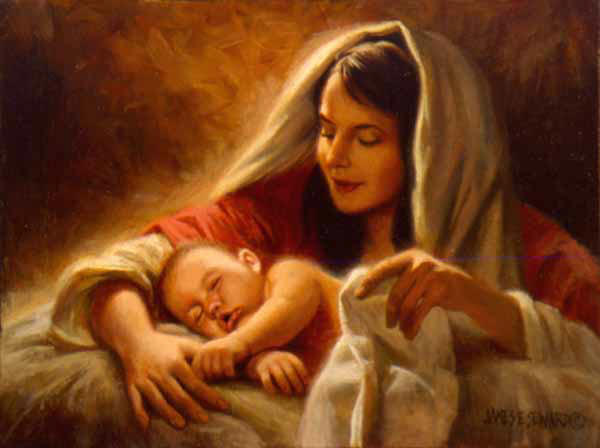
[display_podcast]
Letra de la Liturgia de las Horas:
Ver a Dios en la criatura,
ver a Dios hecho mortal
y ver en humano portal
la celestial hermosura.
¡Gran merced y gran ventura
a quien verlo mereció!
¡Quién lo viera y fuera yo!
Ver llorar a la alegría,
ver tan pobre a la riqueza,
ver tan baja a la grandeza
y ver que Dios lo quería.
¡Gran merced fue en aquel día
la que el hombre recibió!
¡Quién lo viera y fuera yo!
Poner paz en tanta guerra,
calor donde hay tanto frío,
ser de todos lo que es mío,
plantar un cielo en la tierra.
¡Qué misión de escalofrío
la que Dios nos confió!
¡Quién lo hiciera y fuera yo. Amén.
Te diré mi amor, Rey mío
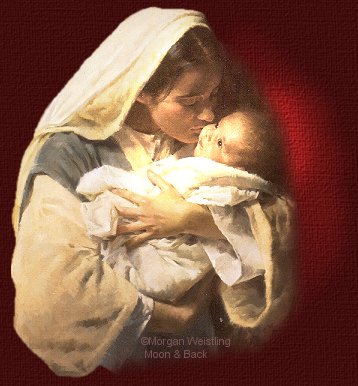
[display_podcast]
Letra de la Liturgia de las Horas:
Te diré mi amor, Rey mío,
en la quietud de la tarde,
cuando se cierran los ojos
y los corazones se abren.
Te diré mi amor, Rey mío,
con una mirada suave,
te lo diré contemplando
tu cuerpo que en pajas yace.
Te diré mi amor, Rey mío,
adorándote en la carne,
te lo diré con mis besos,
quizás con gotas de sangre.
Te diré mi amor, Rey mío,
con los hombres y los ángeles,
con el aliento del cielo
que espiran los animales.
Te diré mi amor, Rey mío,
con el amor de tu Madre,
con los labios de tu Esposa
y con la fe de tus mártires.
Te diré mi amor, Rey mío,
¡oh Dios del amor más grande!
¡Bendito en la Trinidad,
que has venido a nuestro Valle! Amén.
Why am I a Catholic?
Valió la Pena…
Oct. 4th: Feast of St. Francis of Assisi
We, Dominicans, call St. Francis of Assisi “our father.” As a novice, I was amazed to learn this simple yet eloquent fact. I suppose there is a real content in this title, I mean, it is not only a way of avoiding animosity between our two Orders, the Preachers and the Minors.
St. Thomas Aquinas in his “De Erroribus Graecorum” explains the term “father” from the fact of the one life that is communicated and then shared between parents and their offspring. To father is to produce a flow of life that goes from one being to another. That expression is most meaningful in itself: a flow of life! According to this, St. Dominic is “our father” because there is a flowing river of life that comes out from his prayers, his example, his apostolic ministry, and comes into our lives, enriching them, enlightening them, making them fruitful in a new way.
We are here to speak of St. Francis, though. Yet again we assure that his life is not only his. We testify that his way of life is not only his. We claim that something of his ardour in prayer, of his spirit of adoration and humble service has touched our lives and is actually alive within and among us.
Now, if you press me asking what exactly we do share and particularly receive from him, my only answer is: a contemplative sight towards the mystery of the Cross. Both Dominic and Francis were people able to engulf themselves in the mystery of the Crucified Lord. In the most famous picture of St Dominic beside the Cross, by Fra Angelico, the Father of the Preachers is actually reading. His eyes rest on the book. Nonetheless, and this is part of the greatness of that picture, Dominic is not absent: his reading, his intellectual effort, his missionary zeal do not prevent him from staying fully present to the mystery that happens so near to him.
Francis, on the other hand, so much loved the Cross that he was endowed with the gift of bearing the very wounds of the Lord. Those impressive wounds would be a permanent preaching of the mystery he had contemplated so dearly. Dominic carried his own wounds in a different manner. People would cry as they listen to his compassionate heart declaring God’s love in such a unique way. Dominic’s words were his wounds, signs that his contemplation left in his soul, all the same as Francis’s wounds were his words, the discourse that would tell the world what happens when we take Christ’s message with all seriousness.
As we remember these two great Heroes of Faith and Doctors in Divine Love, let us thank the Lord for our own vocation, and let us ask them to intercede for us before the Crucified and Risen Lord. Amen.
